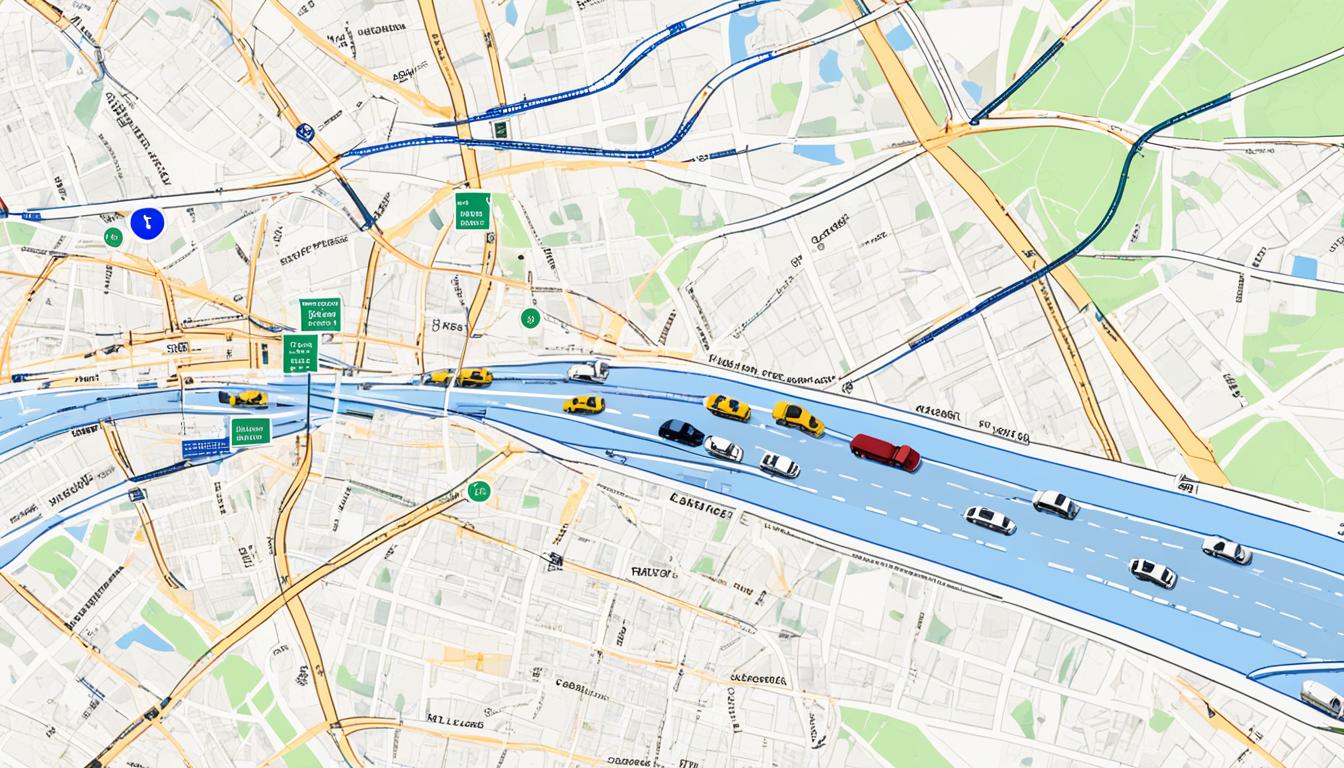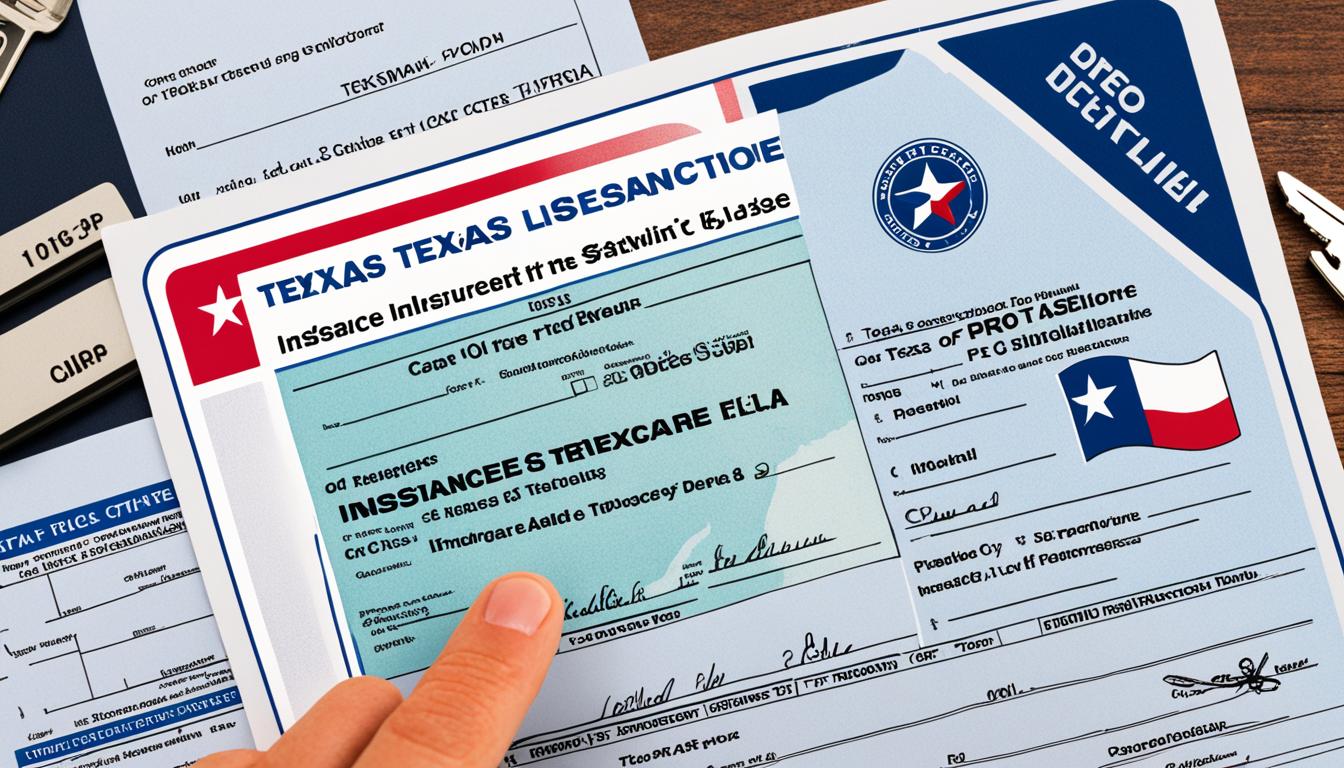The open road might beckon you from one state to another, but the repercussions of ignoring tickets from another state can have you hitting the brakes on your travel plans. When you find yourself with unpaid out-of-state traffic tickets, the freedom of the road is replaced by a complex grid of interstate laws and regulations that can greatly impact your driving privileges. The consequences of not paying out-of-state tickets go beyond a mere blemish on your driving record; they can lead to a cascade of legal and administrative problems that extend far beyond the state where the ticket was issued.
Key Takeaways
- Ignoring out-of-state traffic tickets can lead to serious legal repercussions, including suspension of your driver’s license.
- Failure to address unpaid tickets can result in fines and increased insurance premiums.
- Being aware of the consequences of not paying out-of-state tickets is crucial, as it can affect your ability to drive in your home state and elsewhere.
- Compliance with out-of-state traffic laws is necessary to maintain a clean driving record and avoid additional penalties.
- It is essential to take immediate action upon receiving an out-of-state ticket to mitigate potential negative outcomes.
Interstate Compacts and Their Role in Traffic Violations
Interstate compacts have become a critical framework for managing traffic violations committed across state lines. These compacts facilitate efficient state-to-state information sharing, ensuring that drivers are held accountable for traffic infractions regardless of where they occur. Understanding the nuances of each compact can demystify how traffic laws are enforced beyond your home state.
The Driver’s License Compact (DLC) – Keeping States Connected
The Driver’s License Compact is a significant pact among participating states that mutually uphold the notion that driving is a privilege and not a right. Its primary aim is to exchange information between states regarding traffic violations and licensing. This agreement helps ensure that drivers who commit offenses outside of their home state do not escape the associated repercussions.
Non-Resident Violator Compact (NRVC) – Bridging Enforcement Across Borders
Complementing the DLC, the Non-Resident Violator Compact acts as a collaborative force by which states respect the traffic laws of one another. It empowers states to pursue violators who commit infractions outside of their home jurisdiction, underpinning the principle of reciprocal recognition of traffic violations.
The Impact of the Driver License Agreement (DLA)
The Driver License Agreement builds on the provisions of its predecessors, establishing a more robust framework for interstate traffic violation agreements. The DLA extends the reach of its counterparts to include a broader range of offenses and licenses, reinforcing a comprehensive approach to traffic law enforcement across state boundaries.
Together, these compacts play a pivotal role in creating a seamless network that deters drivers from circumventing the penalties associated with traffic infractions. They symbolize a united front among states to maintain safety and discipline on the roads.
| Compact | Purpose | Key Feature | States Participating |
|---|---|---|---|
| Driver’s License Compact (DLC) | Information Sharing on Violations | Ensures reporting to Home State | 45 States |
| Non-Resident Violator Compact (NRVC) | Enforcement of Out-of-State Violations | Treats Out-of-State Violations as In-State | 44 States |
| Driver License Agreement (DLA) | Comprehensive Traffic Violation Management | Includes a Wider Range of Offenses | States Adopting Gradually |
What Happens If You Get a Ticket in Another State and Don’t Pay It
The consequences of not paying out-of-state ticket can extend far beyond the initial fines associated with the traffic violation. Drivers must understand that ignoring or forgetting about an unpaid traffic violation from another state might lead to a series of punitive measures that could affect their driving privileges and legal standing. Here’s what you might expect in the event of a failure to pay out-of-state citation:

- License Suspension: Many states have agreements to exchange information about traffic violations. If you don’t pay your out-of-state ticket, your home state may suspend your driver’s license until the debt is settled.
- Fines & Fees: The original fine generally increases if not paid by the due date. Additionally, some states impose extra penalties for late payments.
- Increased Insurance Premiums: Traffic violations, including those from out-of-state, could raise your insurance rates once reported to your insurance company.
- Legal Repercussions: Persistent non-payment can lead to a warrant for your arrest, which might be acted upon if you return to the state where the violation occurred.
Moreover, the ramifications of an unpaid traffic violation from another state are not only limited to personal inconvenience but could also complicate legal matters such as renewals of vehicle registrations or obtaining car insurance. The table below outlines potential outcomes based on the action taken:
| Action | Immediate Consequence | Long-term Consequence |
|---|---|---|
| Pay the Fine | Settlement of violation; possible points on driver’s record | Possible insurance premium increase |
| Contest the Ticket | Court appearance, legal fees | Possible dismissal or reduced penalties |
| Ignore the Ticket | Incurring additional late fees and penalties | License suspension, increased insurance rates, legal action |
In conclusion, it is clear that the failure to pay out-of-state citation can lead to significant issues that travel far beyond the borders of the state where the incident occurred. It is wise to handle an out-of-state ticket with the same urgency and responsibility as you would with a local ticket.
Legal and Financial Implications of Ignoring an Out-of-State Citation
Ignoring an out-of-state traffic citation is not merely a matter of out-of-sight, out-of-mind. The legal consequences of not paying an out-of-state ticket can extend far beyond the borders where the infraction occurred. One might find themselves facing a suspended driver’s license, the issuance of a warrant for their arrest, or the accumulation of additional fines imposed by the jurisdiction where the violation took place. These penalties are often enforced with rigor and can hamper personal freedoms and legal standing, making it critical for individuals to address these violations without delay.
The financial impact of an unpaid out-of-state citation is another compelling reason to take prompt action. Surcharges and late fees can significantly increase the original fine, making the cost of procrastination steep. Moreover, auto insurance providers look unfavorably upon unresolved traffic tickets, typically resulting in increased insurance premiums that can strain personal budgets over time. In some cases, professional opportunities might also be jeopardized, especially if a clean driving record is a prerequisite for employment within certain industries.
But the consequences don’t end there. Penalties for ignoring a traffic violation from another state can also impede the ability to obtain or renew a driver’s license. This administrative barrier can disrupt one’s mobility, affecting daily routines and essential activities. Therefore, it is eminently wise for individuals to consider the potential legal and financial ramifications before dismissing the importance of out-of-state citations. Facing these matters head-on not only helps to avoid escalating consequences but also protects one’s financial health and legal privileges behind the wheel.





